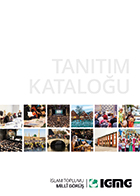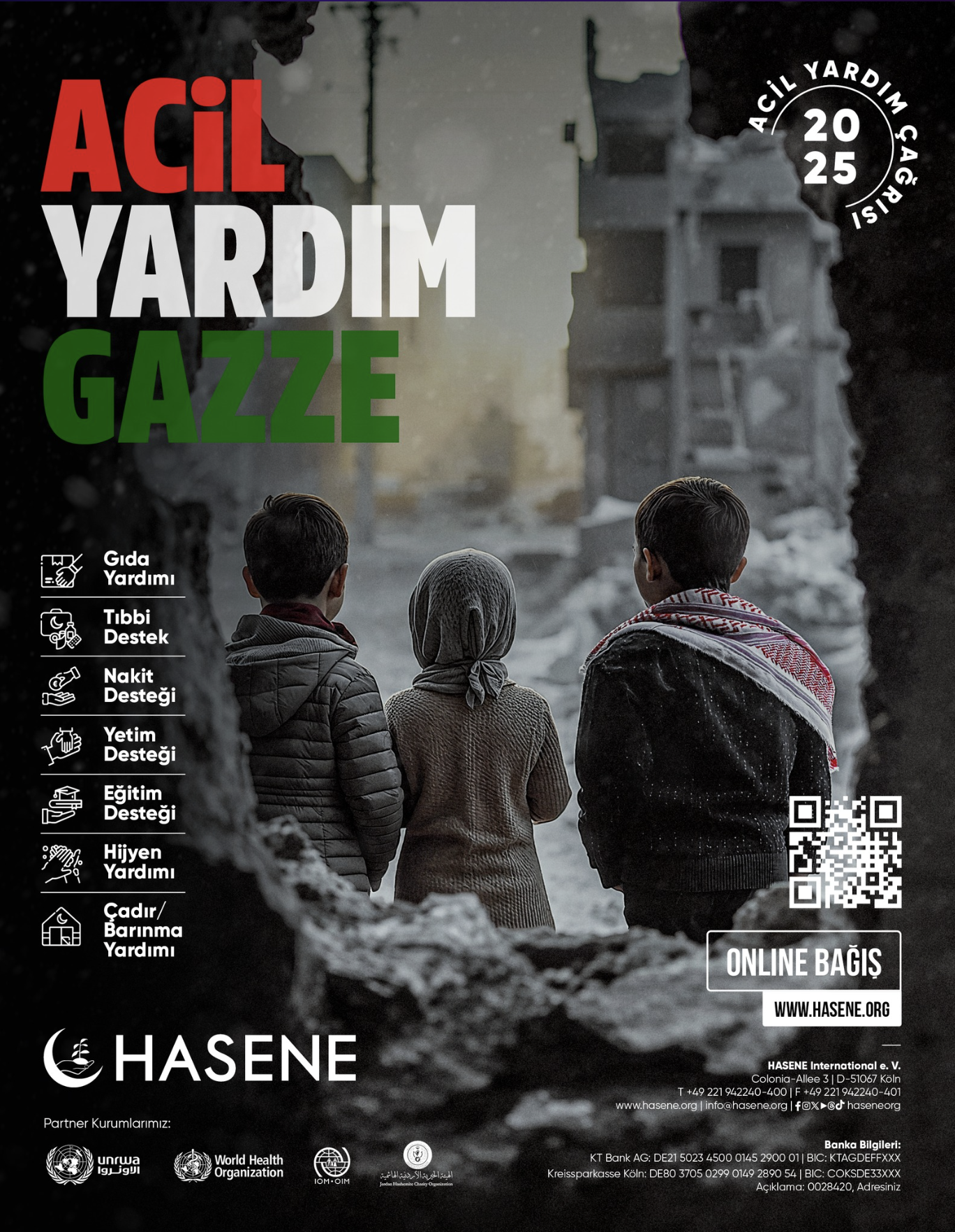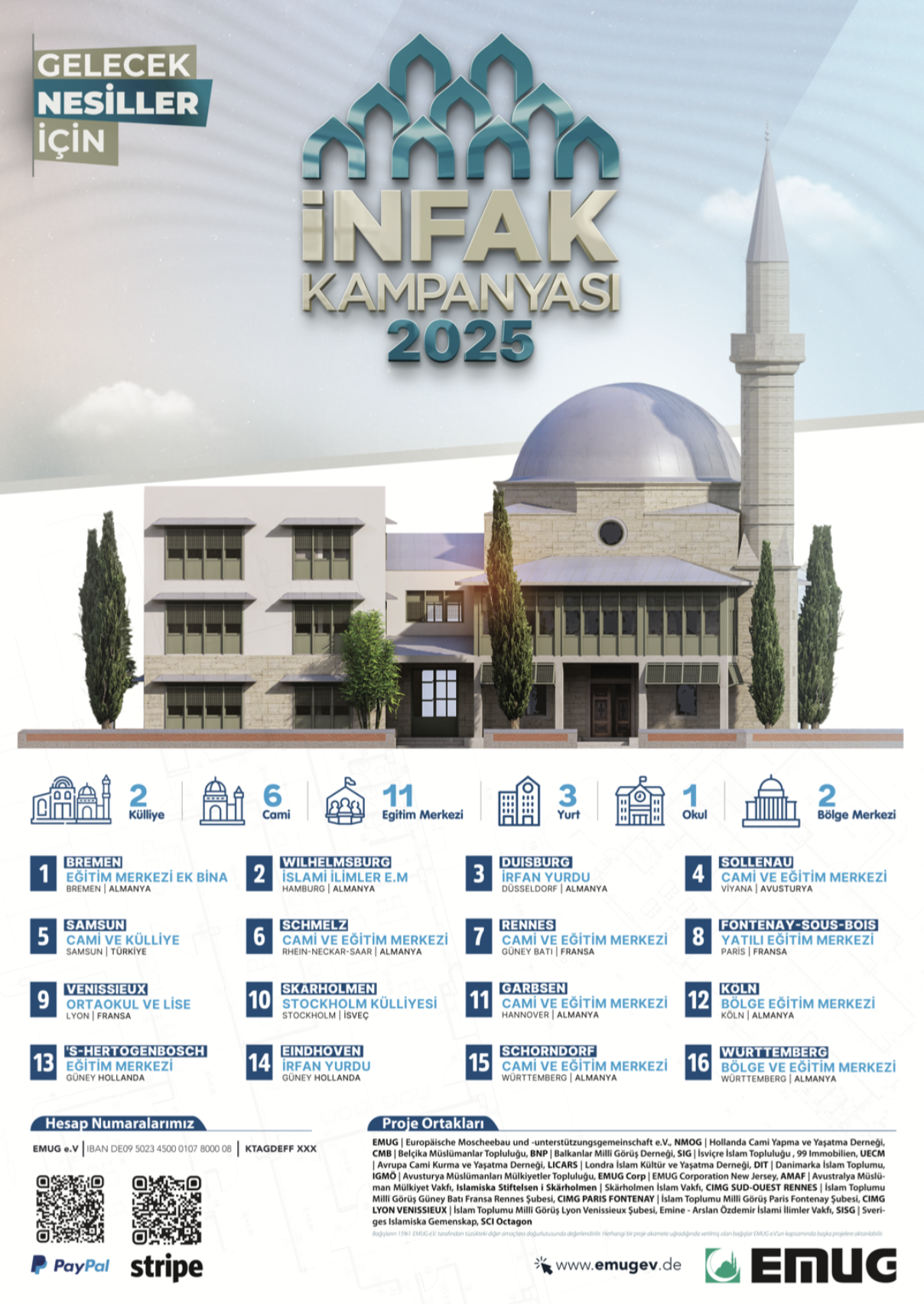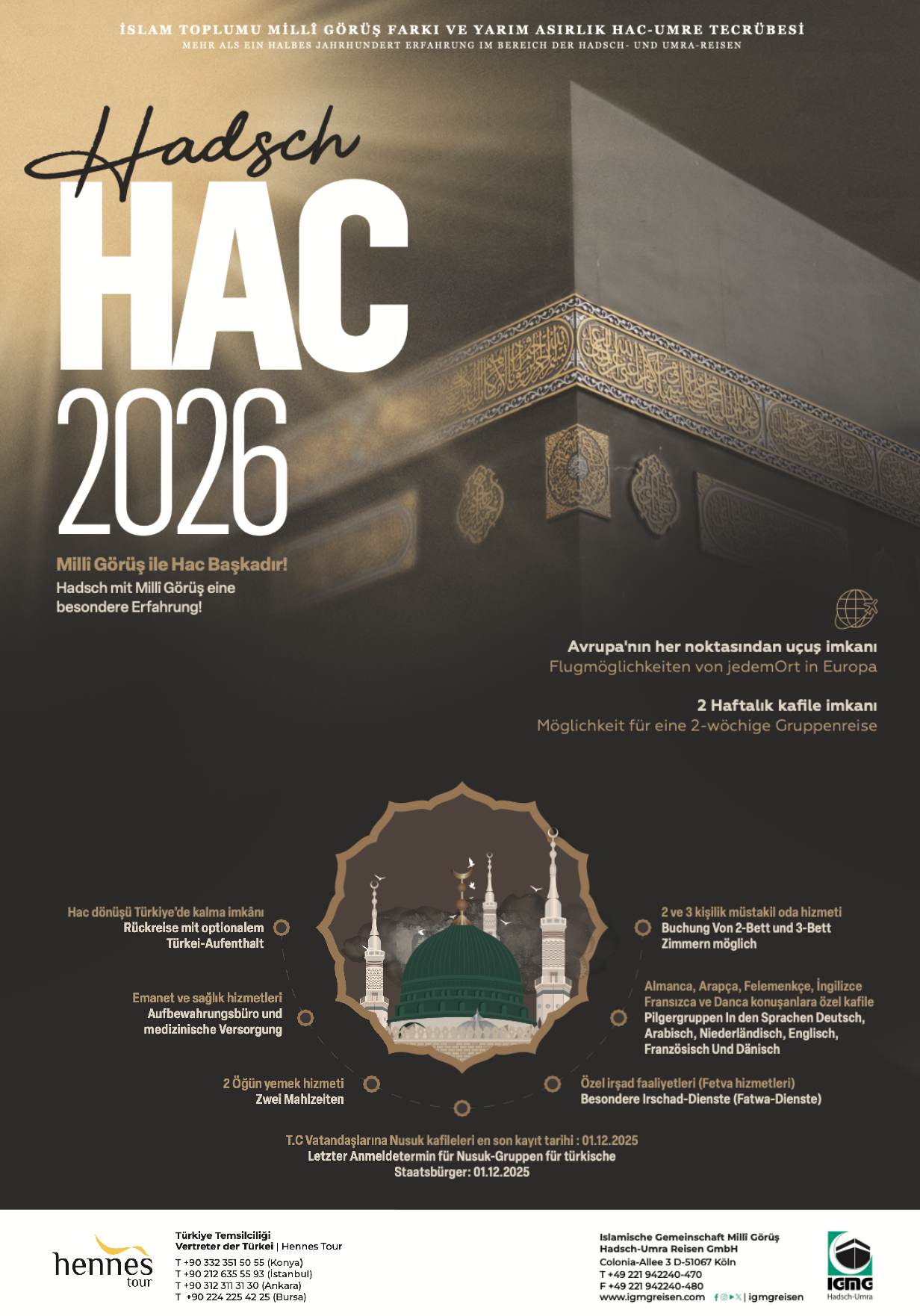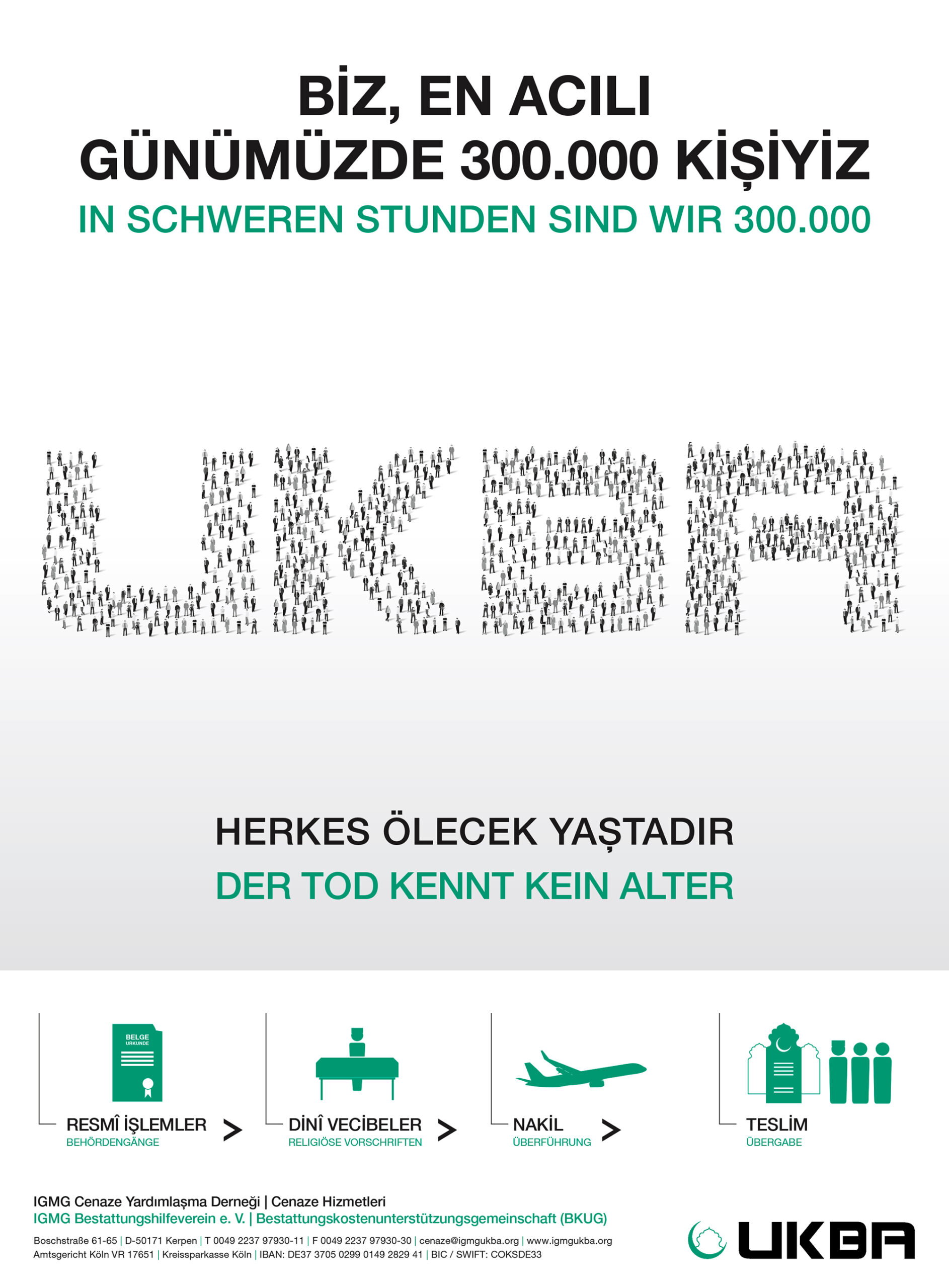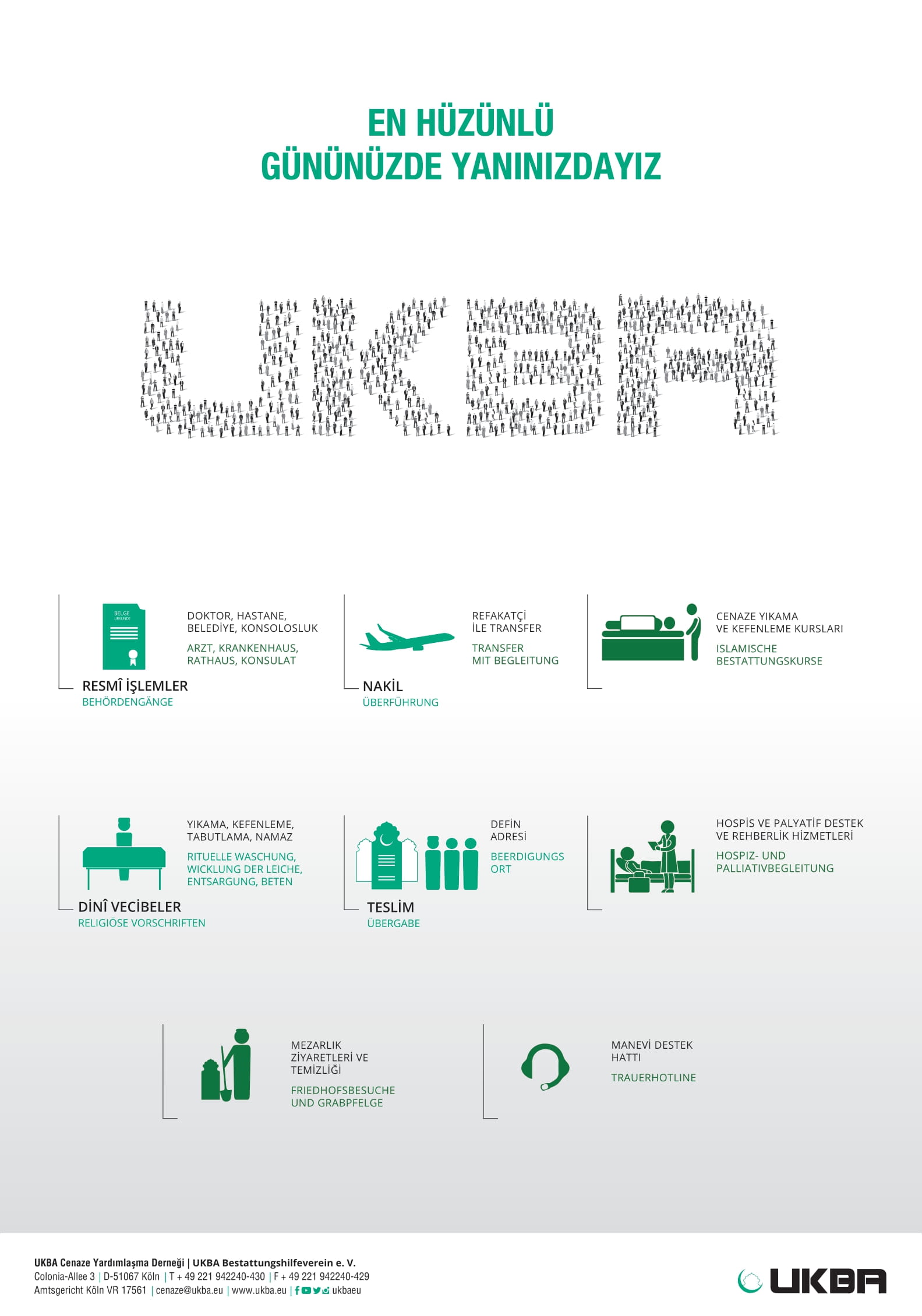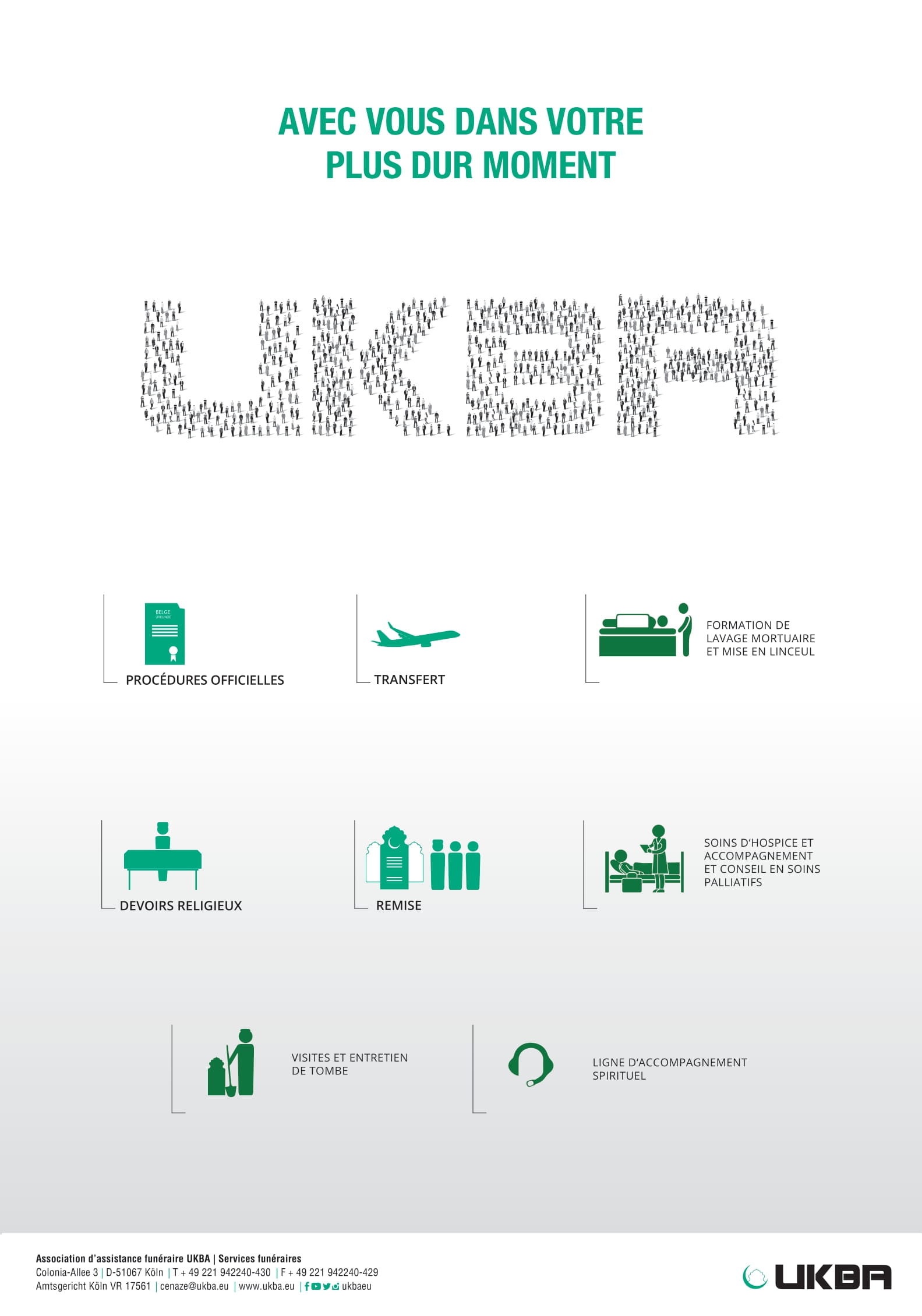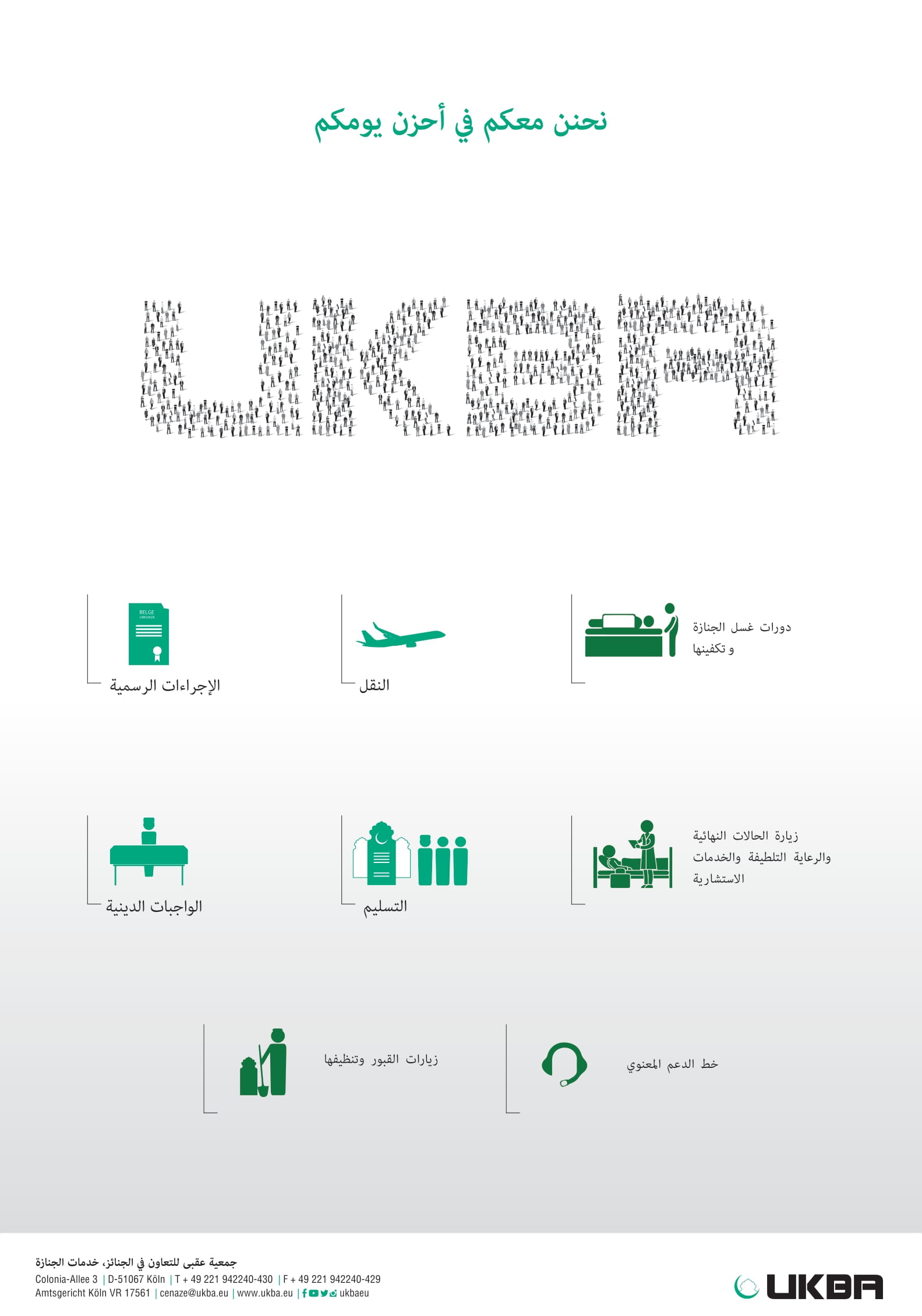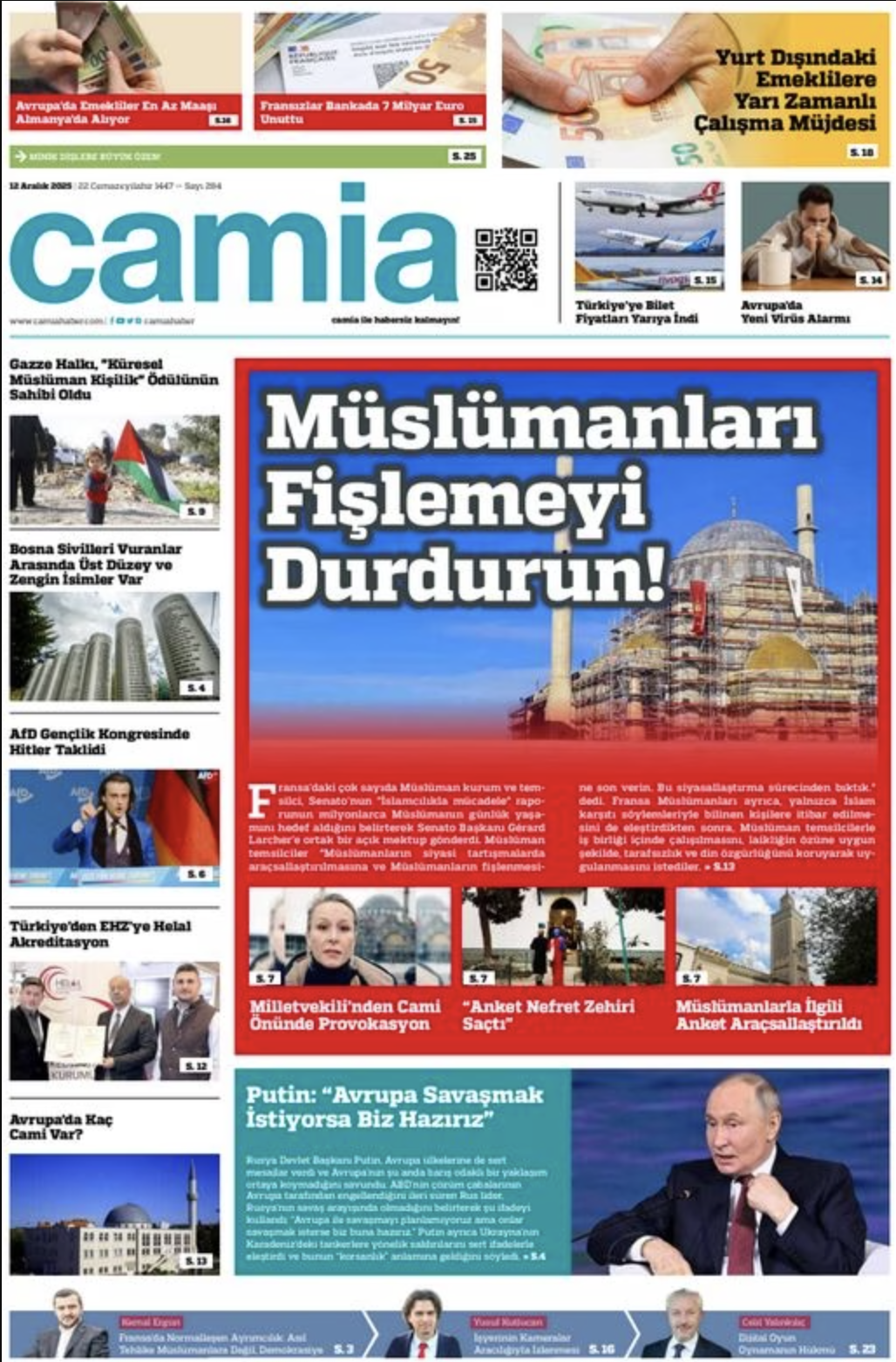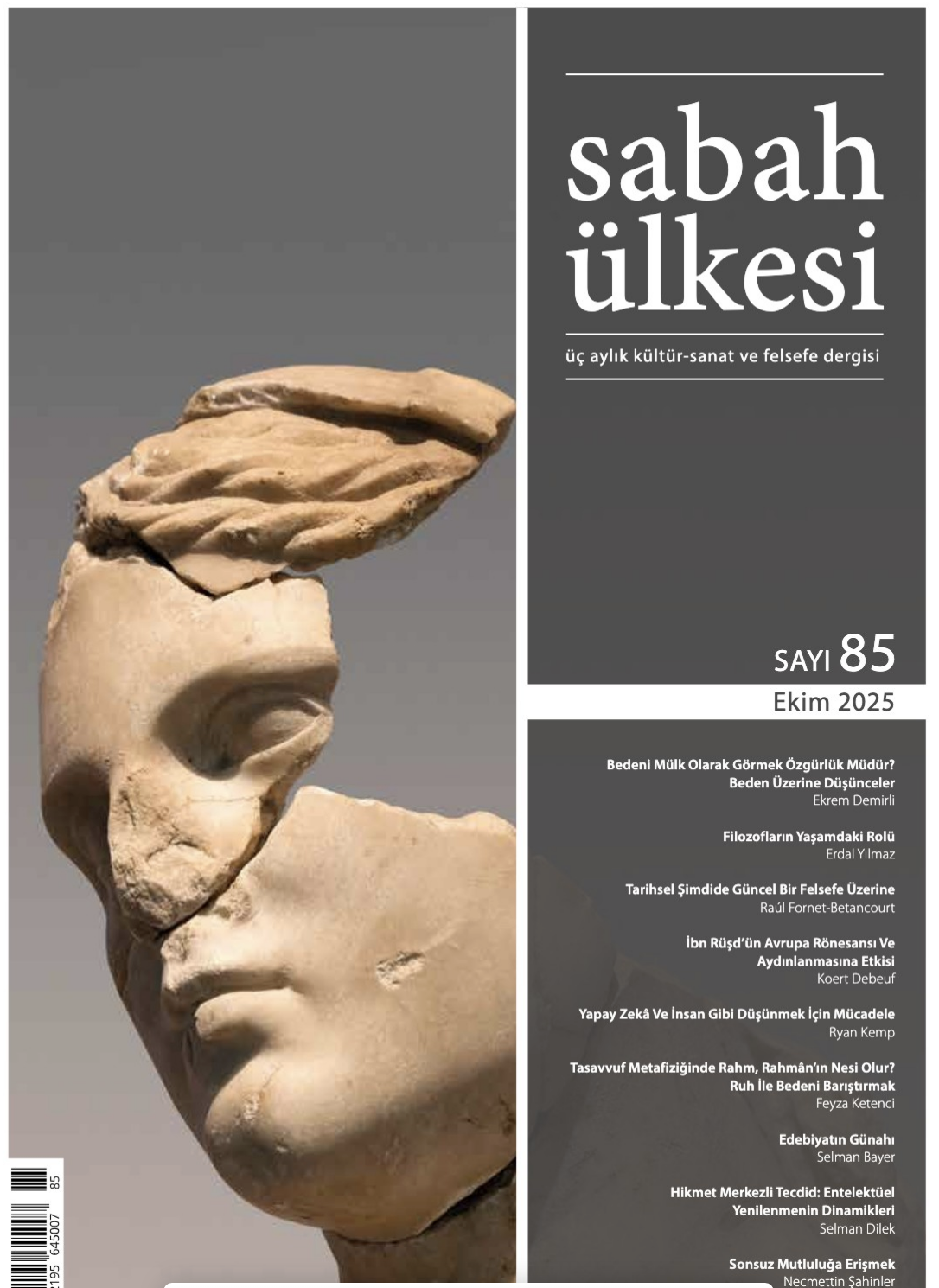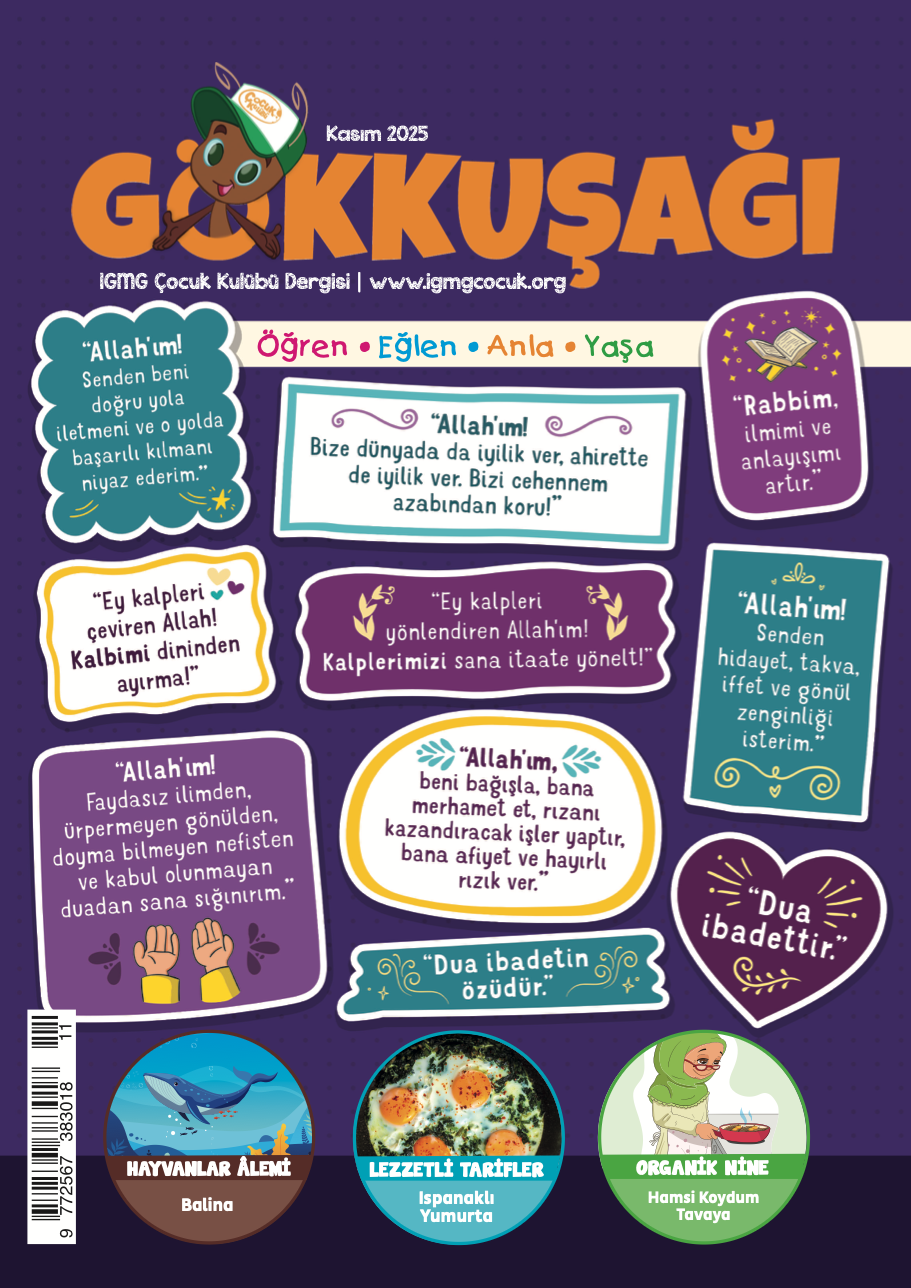Friday Khutba
Khutba: Being an Ideal Father
17. November 2022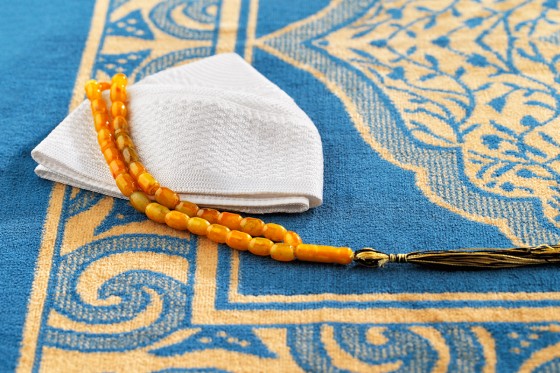
Dear Brothers!
Allah (swt), who created every living thing on earth as male and female, has also created humans, the most precious of creatures, as male and female. He made them loving and compassionate towards each other, gave them different characteristics and different responsibilities. One of these responsibilities is undoubtedly the duty of being a parent. In the Quran it says, “O you who have believed, protect yourselves and your families from a Fire whose fuel is people and stones.”[1] The father should provide for his family in a halal way, give his children good names, and educate his children with Islam. In other words, he has duties towards his family both financially and morally.
Dear Brothers!
About being a father is also mentioned in the Qur’an. Luqman (as), whose name was Luqman’ul-Haqim because he was given wisdom, said to his son, “O my son, do not associate [anything] with Allāh. Indeed, association [with Him] is great injustice.”[2] teaching him right and wrong. His affectionate address as “O my son”[3] teaches us that we should be merciful to our children no matter what. On the other hand, Nuh (as), who was tested with his wife and children, said to his son, “O my son, come aboard with us and be not with the disbelievers.”[4], reminds us that we must be kind-hearted towards our children despite everything. The prayer that our prophet Ibrahim (as) made so that his descendants would continue to pray shows us perseverance and obedience.
Dear Jama’ah!
Prophet Muhammad (saw), the prophet of compassion, who is very loving of children and never spares showing his love, also teaches us the subtleties of being an ideal father. Our Prophet (saw) was a father who struggled for his children so that they have taqwa and good morals. He showed his mercy to the worlds by being merciful to his children.
He was so interested in his children that he could understand that Fatima was coming from the knock on the door. Of course, he was compassionate and merciful not only to his own children, but also to all the children of the ummah. Rasulullah (saw) said: “I am afraid that the children of my ummah will become partners with the devil.” The Companions were terrified and asked: “O Messenger of Allah! How can we break the influence of the devil so that this does not happen?” The Prophet (saw) replied: “Teaching them love and modesty!” He emphasised that we should not withhold love from our children, and that we should teach them modesty.
Dear Brothers!
Our family and our generation are entrusted to us. It is a requirement of our faith to take care of this trust and to educate in accordance with Allah’s command. Keeping in mind that heaven is under the feet of mothers, we must strictly fulfill our duties towards both the mother of our children and our children. Providing halal food as well as providing a halal living space is, of course, among the important duties of a father. We should not forget that our relations with our elders and our behaviour towards our spouse will affect our generation and set a good or bad example for our children.
Especially today, as social media covers all areas of our lives, we should spend our free time by taking care of our children. Rasulullah (saw) said, “Treat your children; teach them good manners.”[5]. When our children show undesirable behaviours, we should first look for the source of this problem in ourselves and take ourselves and our lives into account. When our children do not spend time in the right place, we must ask ourselves “I wonder if I am in the right place?”
We must first take ourselves into account and act accordingly. We cannot achieve success by expecting our children to do actions we did not take. We should not forget that our children take us as an example with our every behaviour.
As a father, let’s not forget to make this dua, “Our Lord, grant us from among our wives and offspring comfort to our eyes and make us a leader for the righteous.”[6] Ameen!
[1] Surah At-Tahrim, 66:6
[2] Surah Luqman, 31:13
[3] Surah Luqman, 31:17
[4] Surah Hud, 11:42
[5] İbn Mâce, Edeb, 3
[6] Surah Al-Furqan, 25:74
